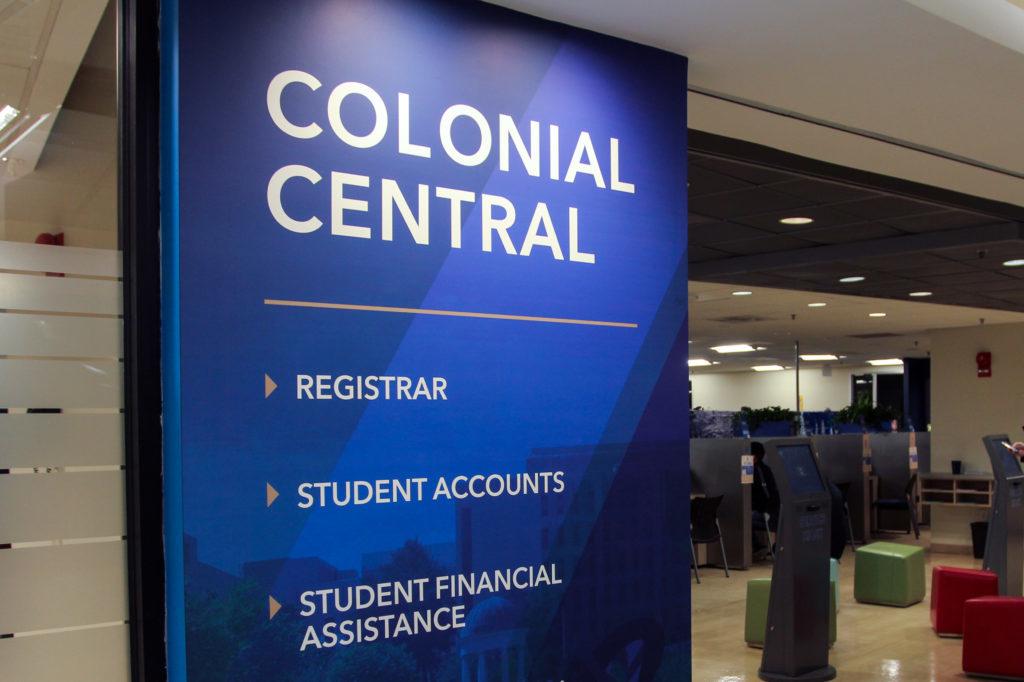Officials scheduled two virtual town halls for this week to address student concerns about their repackaged financial aid.
The town halls, scheduled for Monday and Wednesday at 7 p.m. EDT, come after dozens of students said their newly recalculated financial aid package for the remote fall semester indicates they will now pay more out of pocket to attend GW virtually than if they were living on campus. University spokeswoman Crystal Nosal said GW has a “commitment” to keep students’ cost of attendance equal to or less than their original billing estimate.
“Our monitoring reports indicate all repackaged students’ after-aid cost of attendance is now equal to or lower than the cost included on July bills,” Nosal said in an email. “If someone believes their direct cost has increased, they are asked to please contact the Student Financial Assistance office for a review.”
Officials announced late last month that classes will remain online this fall amid the COVID-19 pandemic, and students who do not return to campus will receive a 10 percent tuition reduction.
Nosal said the financial aid office recalculated more than 4,700 undergraduate students’ aid packages.
Dozens of students shared on social media that their out-of-pocket cost for the fall was raised following the recalculations. The Student Association released a statement Thursday stating that administrators confirmed “many” students’ new financial aid packages were recalculated incorrectly.
“The overall cost of attendance for the fall semester was reduced considerably for a number of undergraduate students,” Nosal said. “To stay compliant with federal student aid and loan regulations, in addition to GW’s institutional aid awarding rules, the University was required to adjust student aid packages to reflect the actual cost of attendance.”
Nosal said merit-based scholarships have not been adjusted following the fall semester changes, but students must remain in full-time academic status to receive those awards.
Jay Goff, the vice provost for enrollment and student success, said the town halls are open to all students and will provide a general overview of how the virtual fall semester has impacted admissions, registration, financial aid and student success. Students must register for the town halls, which are capped at 1,000 attendees, and a recording of the event will be posted online afterward.
“Given the fall semester cost of attendance changes, we plan to focus much of the program time on the latest financial aid processes and timelines,” Goff said in an email to students Friday. “In addition, we will share new ways we can work with you to address specific questions and individual circumstances through the Office of Student Financial Assistance.”







